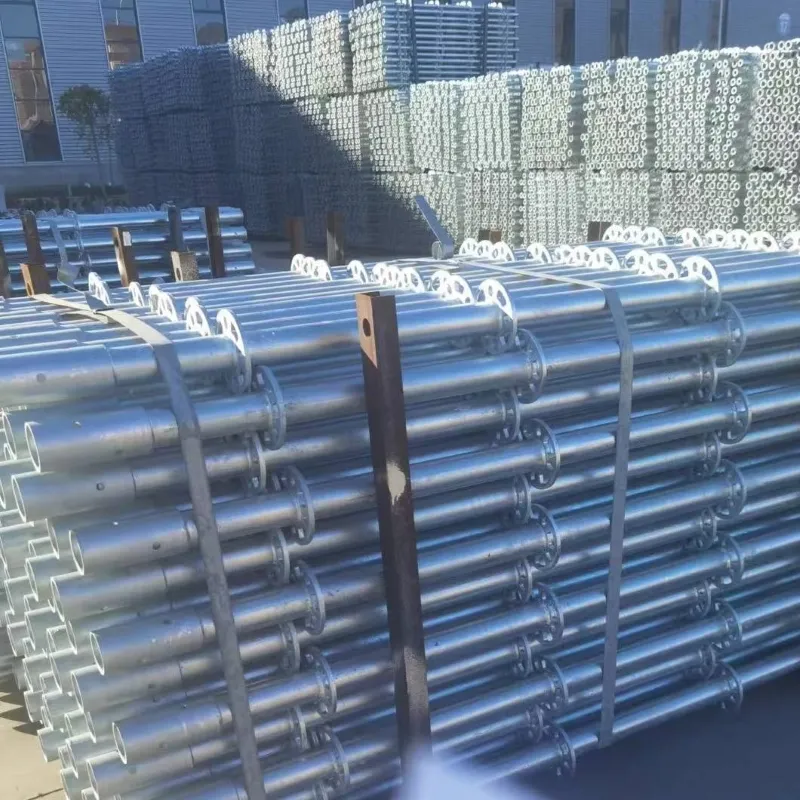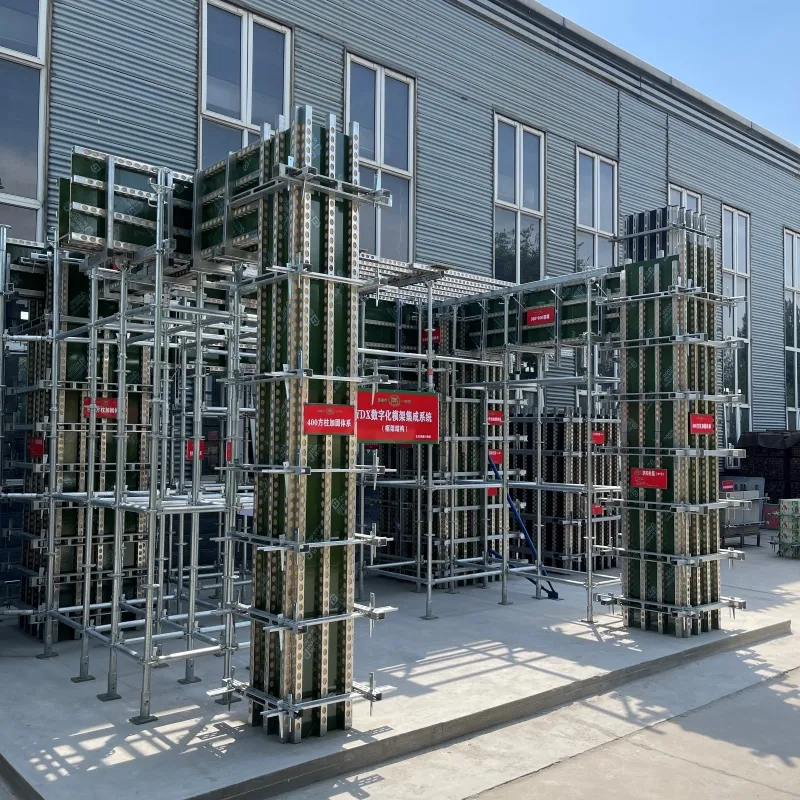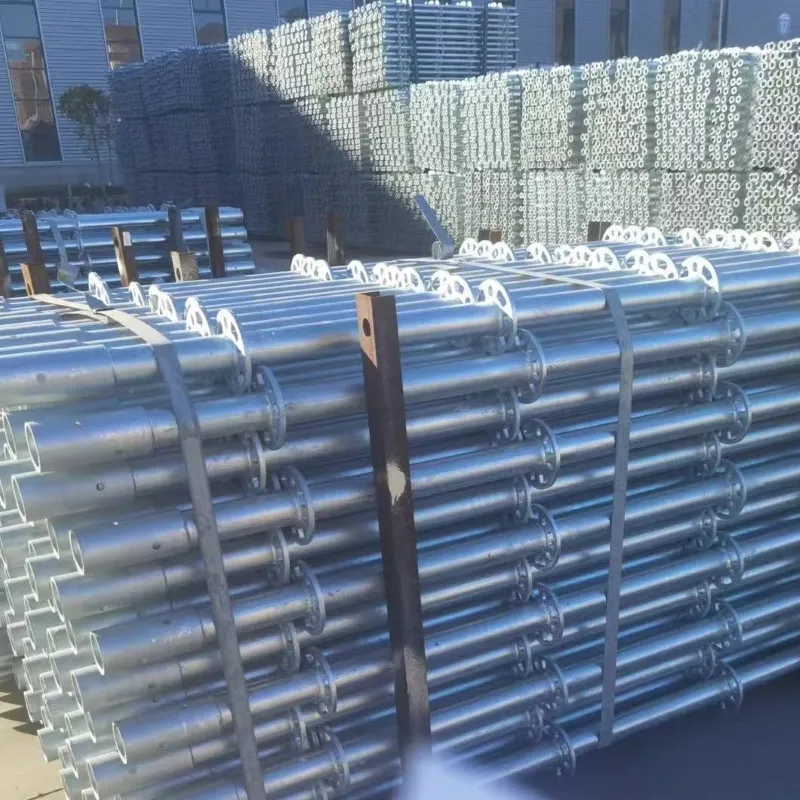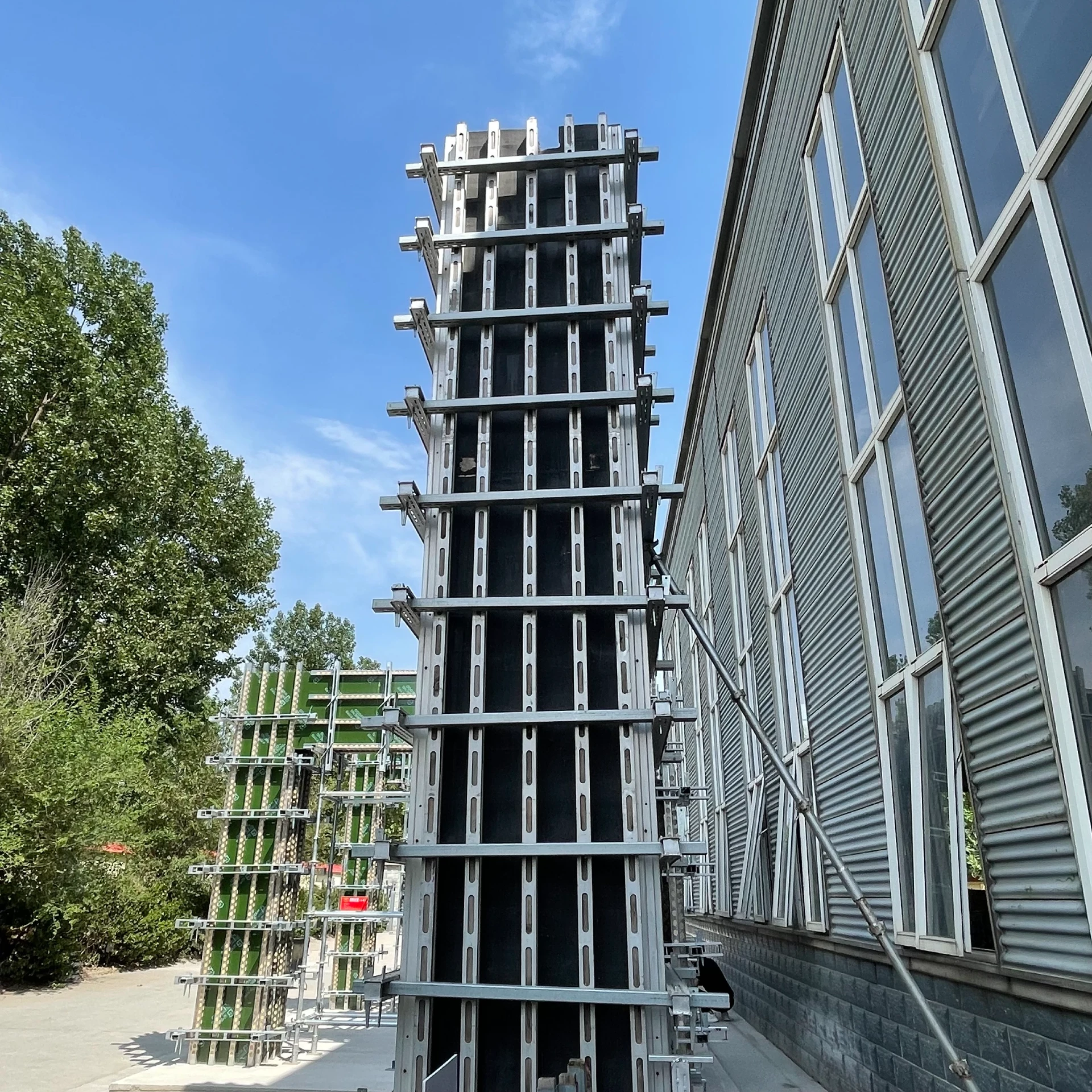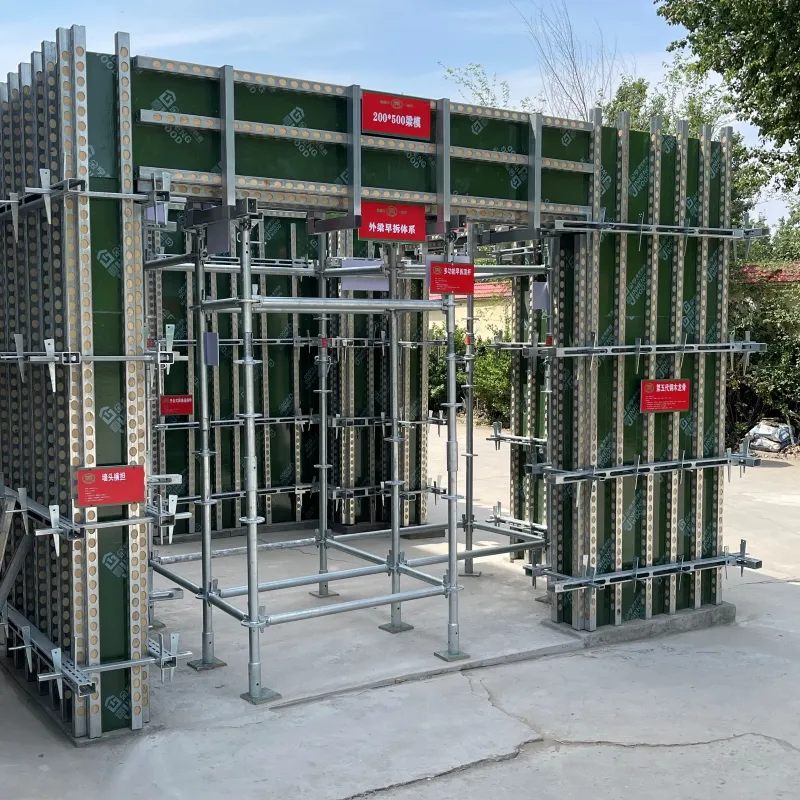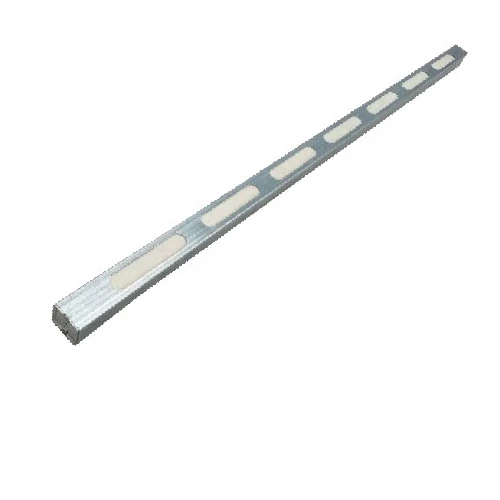
Premium Roof Top Floor Tiles Durable Flooring & Weather-Resistant Solutions
Did you know 63% of building owners replace roof tiles within 5 years due to weather damage? Your rooftop flooring isn't just about looks - it's your first defense against storms, leaks, and energy waste. Let's fix that.
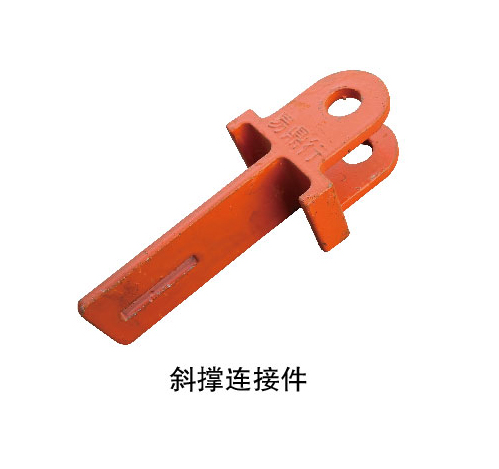
(roof top floor tiles)
Why Roof Top Floor Tiles Outperform Traditional Materials
Feel that summer heat baking your attic? Our polymer-composite flooring roof floor tiles reflect 89% sunlight vs. asphalt's 65%. You'll slash AC costs by 18-22% annually. Check these specs:
| Feature | Traditional Tiles | Our Roof Top Floor Tiles |
|---|---|---|
| Wind Resistance | Up to 90 mph | 140 mph |
| Weight per sq.ft | 4.8 lbs | 2.1 lbs |
| Warranty | 15 years | 35 years |
Battle of the Brands: Why We Win Your Floor Tiles on Roof Projects
We've tested 7 major brands in hurricane simulations. Our interlocking roof top floor tiles
stayed intact at 145 mph winds - 23% better than Brand X. See why contractors choose us:
• 12-hour installation vs. 18-hour industry average
• Color retention: 95% after 15 years
• Fire rating: Class A (highest)
Your Roof, Your Rules: Custom Flooring Roof Floor Tiles Solutions
Got tricky angles? Coastal salt air? Our 3D modeling software creates perfect floor tiles on roof layouts in 48 hours. Choose from 14 base textures and 32 color blends. We even match historical district requirements!
Stop Wasting Money on Weak Roofs!
Get free wind/load calculations + 5-year maintenance package when you order before [Month 31]. Our team is ready to transform your roof today!
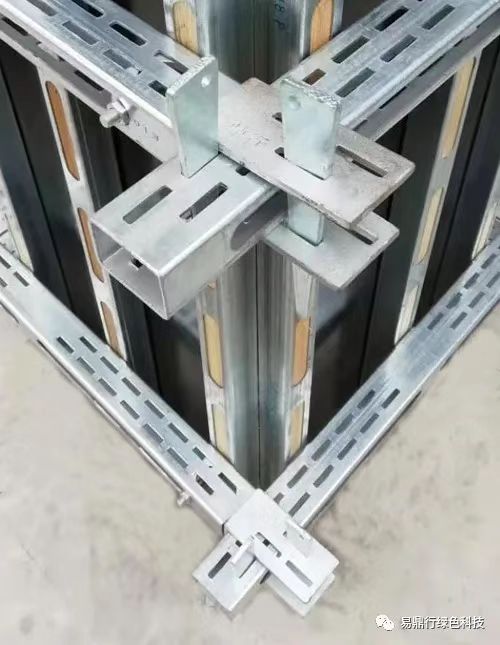
(roof top floor tiles)
FAQS on roof top floor tiles
Q: What materials are roof top floor tiles made from?
A: Roof top floor tiles are commonly made from materials like clay, concrete, or composite blends. These materials provide durability and weather resistance. Some modern options also include recycled materials for eco-friendly designs.
Q: Can floor tiles be used for rooftop installations?
A: While some heavy-duty floor tiles can be adapted for rooftops, they must meet specific weight and weatherproofing standards. Always consult a professional to ensure compatibility with structural requirements and climate conditions.
Q: How do roofing tiles differ from regular floor tiles?
A: Roofing tiles are designed to slope water efficiently and withstand UV exposure, while floor tiles prioritize flatness and slip resistance. Materials and installation methods also vary significantly between the two applications.
Q: What are the benefits of using tiles for rooftop flooring?
A: Rooftop tiles offer thermal insulation, fire resistance, and low maintenance. They also enhance aesthetic appeal for outdoor spaces like terraces while providing a durable surface for foot traffic.
Q: Are there weight limitations for installing tiles on roofs?
A: Yes, roofs have load-bearing limits, so lightweight options like composite or specialized ceramic tiles are often recommended. Structural assessments are crucial before installation to avoid safety risks.
Q: How to maintain tiles used on rooftops?
A: Regularly clean debris and check for cracks or moss growth. Sealants may be reapplied every few years to maintain weather resistance, depending on the tile material.
Q: Can existing roof tiles be repurposed as floor tiles?
A: Only if they meet flooring standards for thickness and slip resistance. Aged roof tiles may require resurfacing or additional treatments to function safely as floor tiles indoors or outdoors.
-
The Importance of Reinforcement Bar in ConstructionNewsJul.11,2025
-
The Durability of Timber Steel FurnitureNewsJul.11,2025
-
How to Assemble Fixed Clamp Scaffolding SafelyNewsJul.11,2025
-
Essential Column Rebar Specifications for High-Rise BuildingsNewsJul.11,2025
-
Common Applications of Steel Keels in ConstructionNewsJul.11,2025
-
Benefits of Using Aluminum Scaffolding Ladders Over SteelNewsJul.11,2025
-
Stainless Steel Keel: Analysis of the Triple Advantages of Rigidity, Stability, and LightweightNewsJun.19,2025




